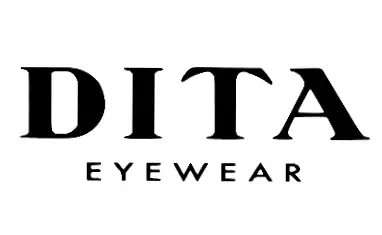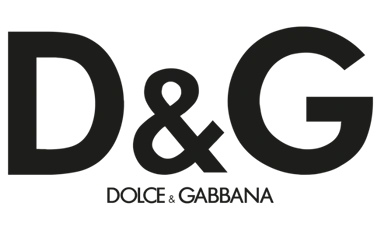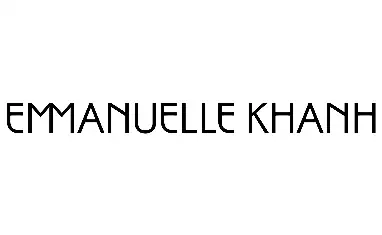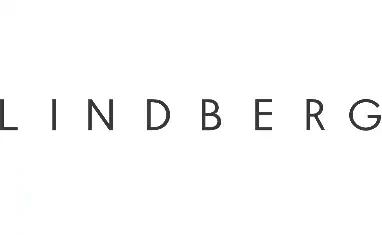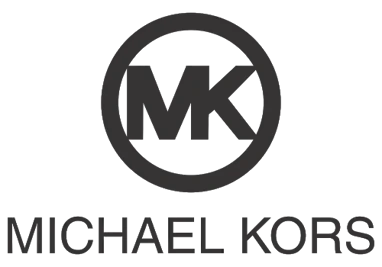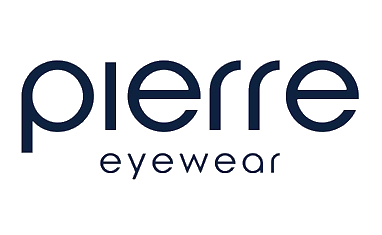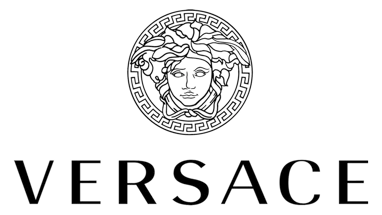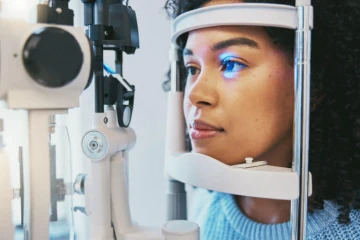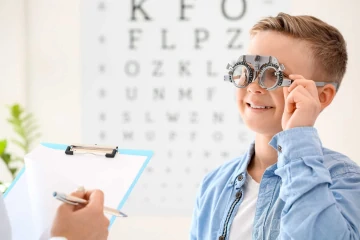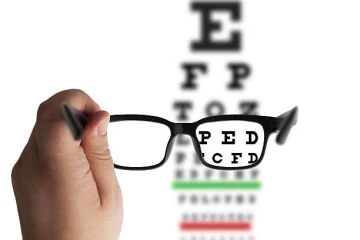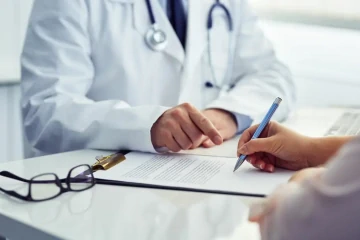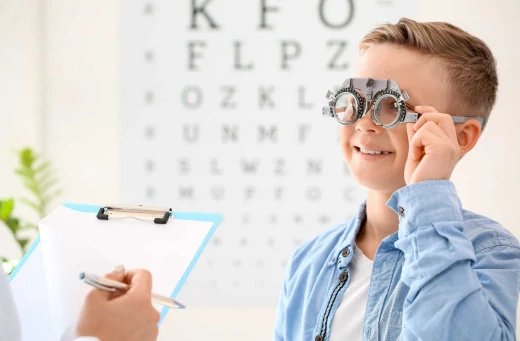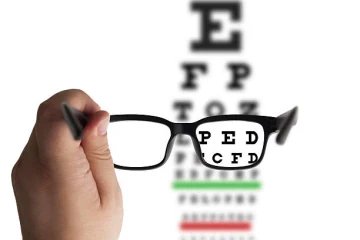Optometry Exam
Comprehensive Eye Exams
Why Regular Eye Exams Matter
-
Detect early signs of glaucoma, cataracts, and macular degeneration
-
Monitor changes in your prescription to keep vision crisp and comfortable
-
Identify systemic health issues—such as diabetes and hypertension—that can manifest in the eyes
-
Prevent digital‑eye‑strain complications for students and professionals
The American Optometric Association recommends a full exam every 1–2 years (or sooner if you notice changes in vision). Kids should have their first exam by age 6 months, again at age 3, and annually once they start school.
What to Expect During Your Exam
| Step | What Happens | Why It’s Important |
|---|---|---|
| 1. Welcome & Health History | We review your medical history, lifestyle, and vision goals. | Personalizes the exam and identifies risk factors. |
| 2. Visual Acuity & Refraction | Reading charts and computerized autorefractor measure how clearly you see. | Determines your prescription for glasses or contacts. |
| 3. Eye Muscle & Binocular Tests | Checks how your eyes track and work together. | Detects strabismus, amblyopia ("lazy eye"), and depth‑perception issues. |
| 4. Eye Pressure (Tonometry) | Quick, painless measurement of intraocular pressure. | Screens for glaucoma. |
| 5. Retinal Imaging & Slit‑Lamp Evaluation | High‑resolution photos plus microscopic exam of the front and back of the eye. | Detects cataracts, macular degeneration, diabetic retinopathy, and more. |
| 6. Doctor Consultation | We explain findings and answer questions. | Empowers you to make informed eye‑care decisions. |
| 7. Eyewear & Contact Lens Options | Our opticians guide you through frames, lenses, and specialty contacts. | Ensures perfect fit, style, and optimal vision. |
Advanced Diagnostic Technology
-
Digital Retinal Photography – Captures a 200° image of your retina—no dilating drops needed for most patients.
-
Optical Coherence Tomography (OCT) – Produces cross‑sectional scans of retinal layers to detect subtle changes.
-
Corneal Topography – Maps corneal curvature for precise contact‑lens fittings and keratoconus management.
-
Blue‑Light and UV Screening – Evaluates your exposure risk and recommends lens coatings to protect ocular health.
Specialized Exam Services
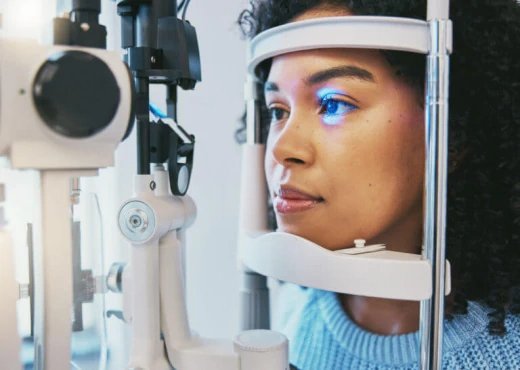
Medical Eye Exams
If you have diabetes, high blood pressure, allergies, dry eye, or red‑eye emergencies, our optometrist can diagnose and manage or co‑manage with your ophthalmologist.
Preparing for Your Appointment
-
Bring current prescription eyewear and contact‑lens boxes (if applicable)
-
List of medications and supplements
-
Insurance cards and photo ID
-
Sunglasses for light sensitivity if dilation is expected
Need an interpreter? Let us know—we can arrange language assistance.
Frequently Asked Questions
How long does an exam take?
- Most comprehensive exams take 30–45 minutes. Specialty fittings may add 15 minutes.
Do you see walk‑ins?
- Walk‑ins are welcome, but appointments help us minimize wait times—especially on Saturdays.
Will my eyes be dilated?
- Dilating drops are recommended for a full view of the retina, but our ultra‑widefield imaging often lets us skip dilation for eligible patients.
Can I renew my contact‑lens prescription without an exam?
- New York law requires a current eye‑health evaluation before we can renew contact‑lens prescriptions. Typically annual.
Do you offer Myopia Management for kids?
- Yes! We provide orthokeratology (overnight lenses) and soft multifocal lenses to slow progression.


